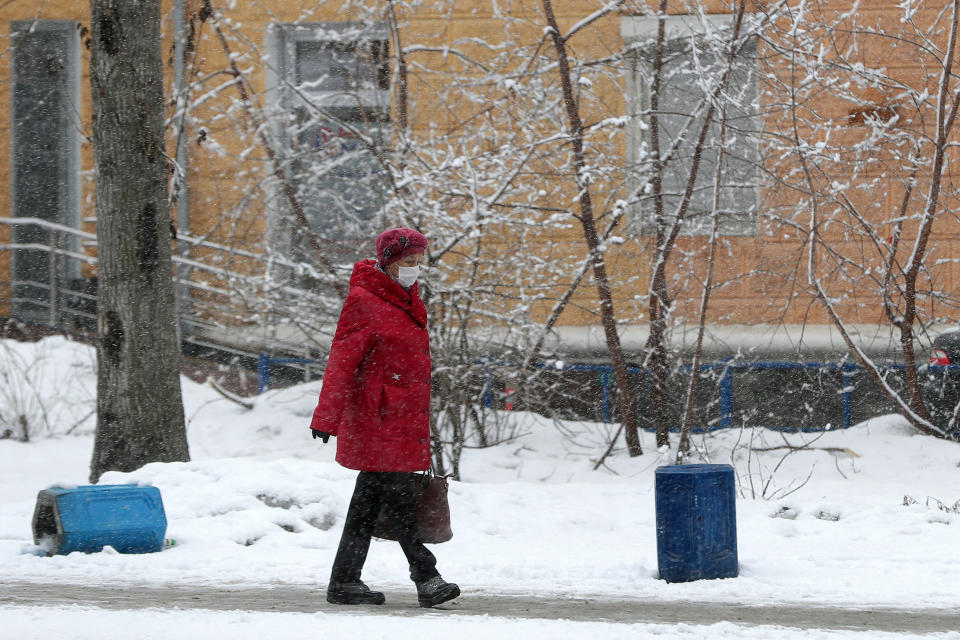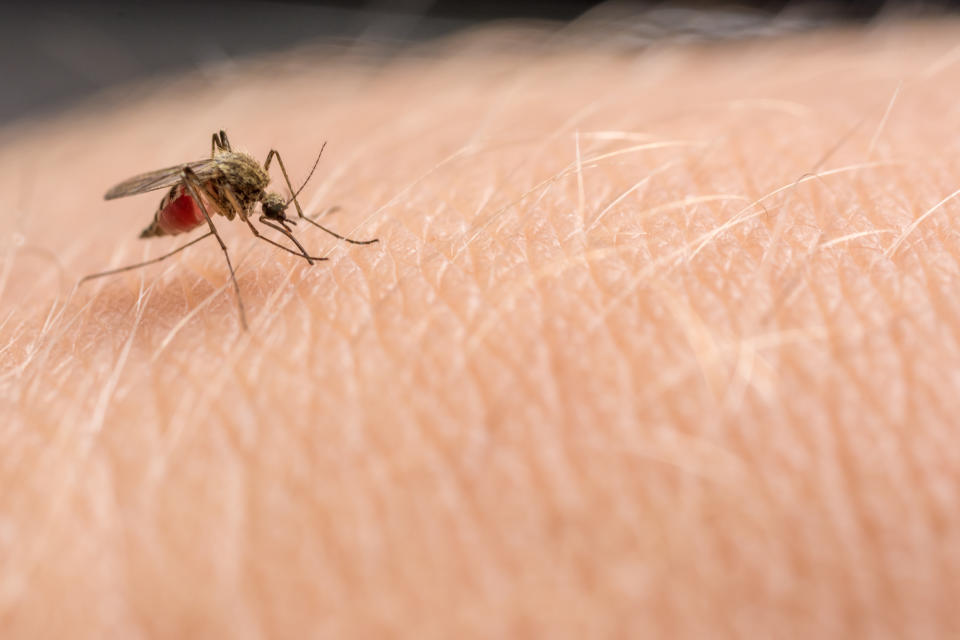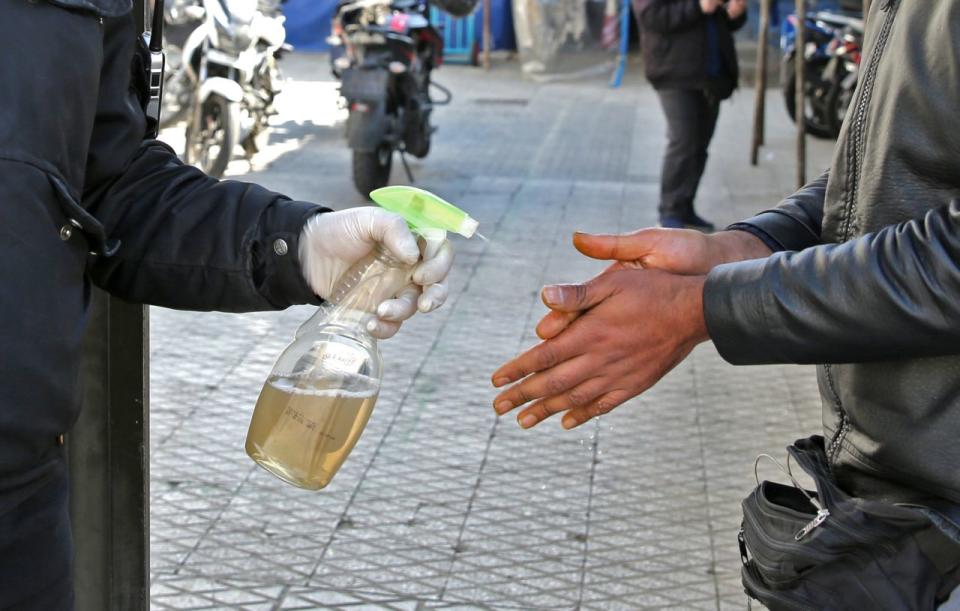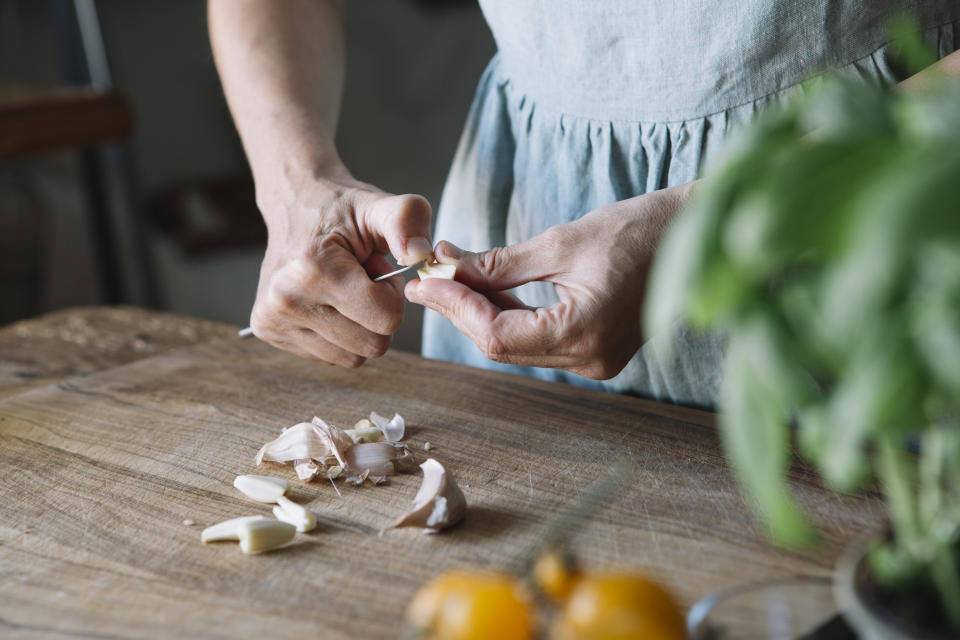World Health Organisation busts 11 coronavirus myths
While misinformation about the coronavirus spreads just as quickly as the virus itself, the World Health Organisation (WHO) has busted 11 myths you may have heard about COVID-19.
From how the disease spread to unusual ways to treat it, WHO broke down the myths surrounding the new virus which has infected over 150,000 people worldwide.
WHO continues to reiterate the most effective way to avoid infection is to vigilant by washing your hands with soap and water, or using an alcohol-based rub.
Right now there is no definitive way to protect yourself from the coronavirus, or kill it once you have contracted it, which is perhaps why people are seeking cures or quirky preventative measures.
It is important to be mindful where you are getting correct information about COVID-19.
WHO is a reliable resource, as are government health agencies, viral posts on social media are generally not.
MYTH: You can’t get the coronavirus in hot weather
Despite what you may have heard, the COVID-19 virus does not have a preference when it comes to temperature.
The virus can be transmitted in hot and humid climates, WHO states.
“From the evidence so far, the new coronavirus can be transmitted in ALL AREAS, including areas with hot and humid weather,” the website says.
Due to this, WHO advises everyone, regardless of where they live to adopt protective measures.
At least 44 people die from poisoning in an attempt to cure coronavirus
'Drink water every 15 minutes': The dangerous coronavirus myths circulating online
MYTH: Snow and the cold do not kill the coronavirus
Cold weather, or snow, will not kill off the virus.
WHO says the normal human body temperature hovers around 36.5C and 37C, even if external temperatures are below that.
Due to there being “no reason to believe” the cold will kill the coronavirus, you would probably be doing more harm than good by subjecting yourself to freezing temperatures.

MYTH: A hot bath will prevent coronavirus
Similarly to the climate not dictating whether or not you are at risk of getting the disease, a hot bath will not prevent you from getting sick.
“Taking a hot bath will not prevent you from catching COVID-19,” WHO says, bluntly.
LIVE: Coronavirus news and updates from around the world
Once again reiterating what your normal body temperature is, it will stay the same even if you decide to take a hot bath.
Although some people find a hot bath relaxing, WHO warns extremely hot water can be harmful, as it could just burn you.
MYTH: Mosquitos spread the coronavirus
Although they might be the most annoying of all creatures, there is no evidence to suggest mosquitos transmit the coronavirus.
The coronavirus is spread person-to-person.
“The new coronavirus is a respiratory virus which spreads primarily through droplets generated when an infected person coughs or sneezes, or through droplets of saliva or discharge from the nose,” WHO says.
WHO also suggest to avoid close contact with people who are coughing and sneezing and to keep up washing your hands.

MYTH: Hand dryers kill the coronavirus
Hand dryers are not effective at killing the coronavirus.
While washing your hands is important and the best measure to prevent the spread of COVID-19, according to WHO, drying your hands will not prevent you from contracting the disease.
Although, WHO does state once you have washed your hands, it is important to dry them thoroughly with either a paper towel or using a warm air dryer.
MYTH: Ultraviolet disinfection lamps will kill coronavirus
While WHO didn’t specifically say whether or not ultraviolet lamps will kill off the coronavirus, the organisation does specifically warn against it.
WHO states UV lamps can cause more harm than they are worth.
“UV lamps should not be used to sterilise hands or other areas of skin as UV radiation can cause skin irritation,” WHO says.
MYTH: Thermal scanners detect everyone with coronavirus
There is an incubation period for the coronavirus, which is around one to 14 days, and will vary for everyone who contracts COVID-19.
NSW Health has previously said most symptoms generally begin to appear within five to six days.
Because the coronavirus causes those infected to develop a high fever, thermal scanners are effective for detecting those who have the coronavirus and are exhibiting symptoms.
However, what the thermal scanners can not pick up on are those who have contracted the sickness but are not yet sick, meaning they are still in the incubation period.
MYTH: Using alcohol and chlorine all over yourself will kill the coronavirus
If the you have already contracted the virus, dousing yourself in alcohol or chlorine will not do you any favours.
So no, WHO does not advise you bathe in either alcohol or chlorine to ward off the coronavirus.
“Spraying such substances can be harmful to clothes or mucous membranes (i.e. eyes, mouth),” WHO warns.
“Be aware that both alcohol and chlorine can be useful to disinfect surfaces, but they need to be used under appropriate recommendations.”

MYTH: Vaccines against pneumonia will protect you
Right now, all over the world there are people racing to develop a vaccine for the coronavirus.
The disease is new and will need its own vaccine, so vaccines which protect people from pneumonia like the pneumococcal vaccine and Haemophilus influenza type B (Hib) vaccine will not protect you.
However, just because the vaccines will not prevent the coronavirus, it does not mean you should not miss out of getting them.
“Vaccination against respiratory illnesses is highly recommended to protect your health,” WHO says.
MYTH: Rinsing your nose with saline will prevent infection.
WHO states there is no evidence to suggest rinsing your nose with saline will prevent infection.
“There is some limited evidence that regularly rinsing nose with saline can help people recover more quickly from the common cold,” WHO states.
“However, regularly rinsing the nose has not been shown to prevent respiratory infections.”
MYTH: Garlic will prevent infection
There is zero evidence to suggest garlic will help ward off the coronavirus.
“Garlic is a healthy food that may have some antimicrobial properties,” WHO states before dismissing the food for preventing COVID-19 by saying there is no evidence people consuming garlic successfully ward off coronavirus.

MYTH: The coronavirus effects old people, young people are fine
Anyone is susceptible to COVID-19.
When it comes to who can catch the coronavirus, age is not a factor, it doesn’t matter if you are old or young, you are at risk.
“People of all ages can be infected by the new coronavirus,” WHO says.
However, there are people who are more vulnerable than others, whose condition and symptoms may become more severe.
“Older people, and people with pre-existing medical conditions (such as asthma, diabetes, heart disease) appear to be more vulnerable to becoming severely ill with the virus,” WHO warns.
Grim video shows Americans panic-buying guns amid coronavirus fears
Woolworths to hold shopping hour for elderly amid coronavirus rush
'Wild times': Man allegedly attacks Coles staffer with stick
Even though most young people have milder symptoms, everyone should be practising good hygiene to help protect themselves and those who more vulnerable, and to be considerate for those who are at risk.
Cover your mouth when you sneeze or cough and if you feel unwell, do not risk infecting others.
“WHO advises people of all ages to take steps to protect themselves from the virus, for example by following good hand hygiene and good respiratory hygiene.”
Do you have a story tip? Email: newsroomau@yahoonews.com.
You can also follow us on Facebook, Instagram and Twitter and download the Yahoo News app from the App Store or Google Play.





